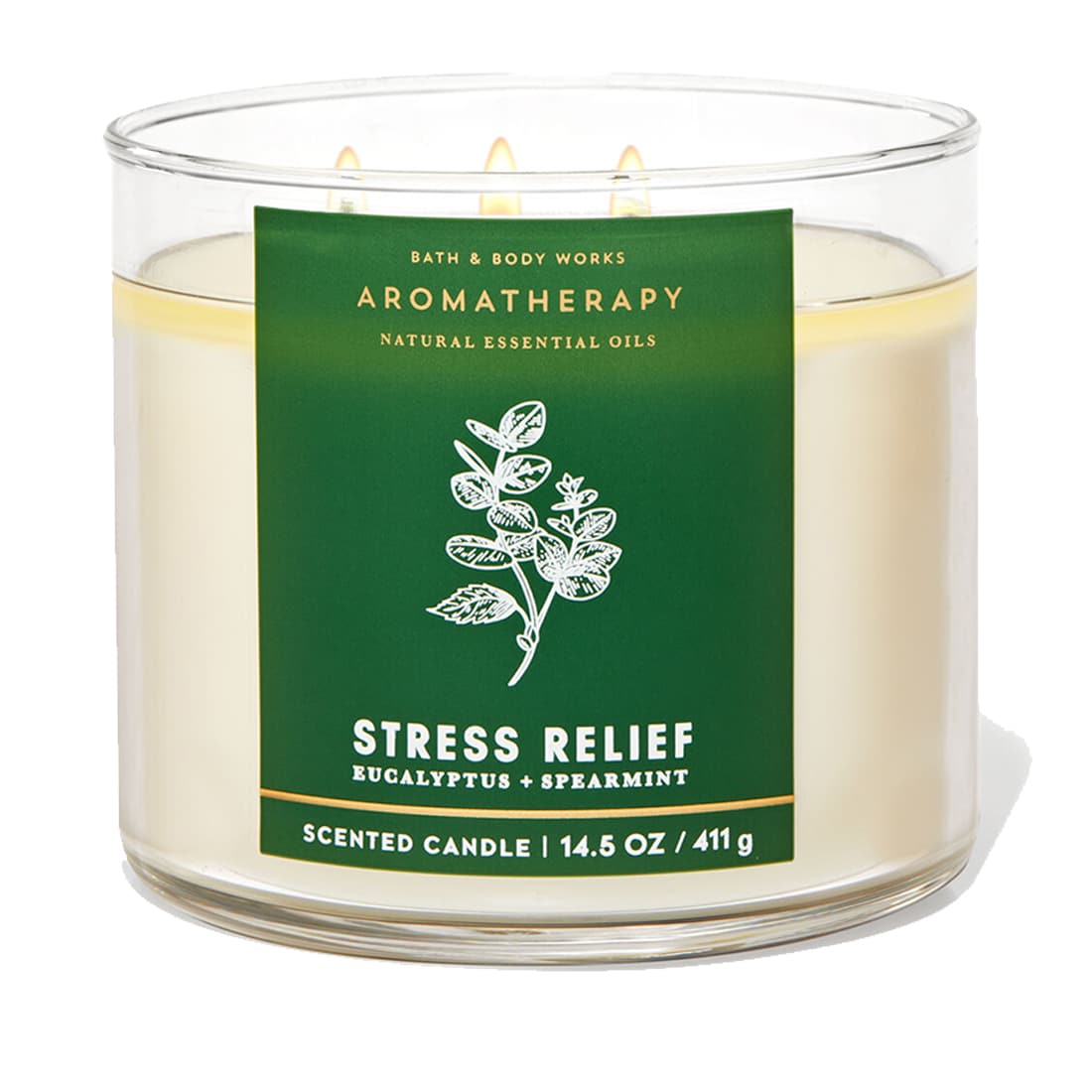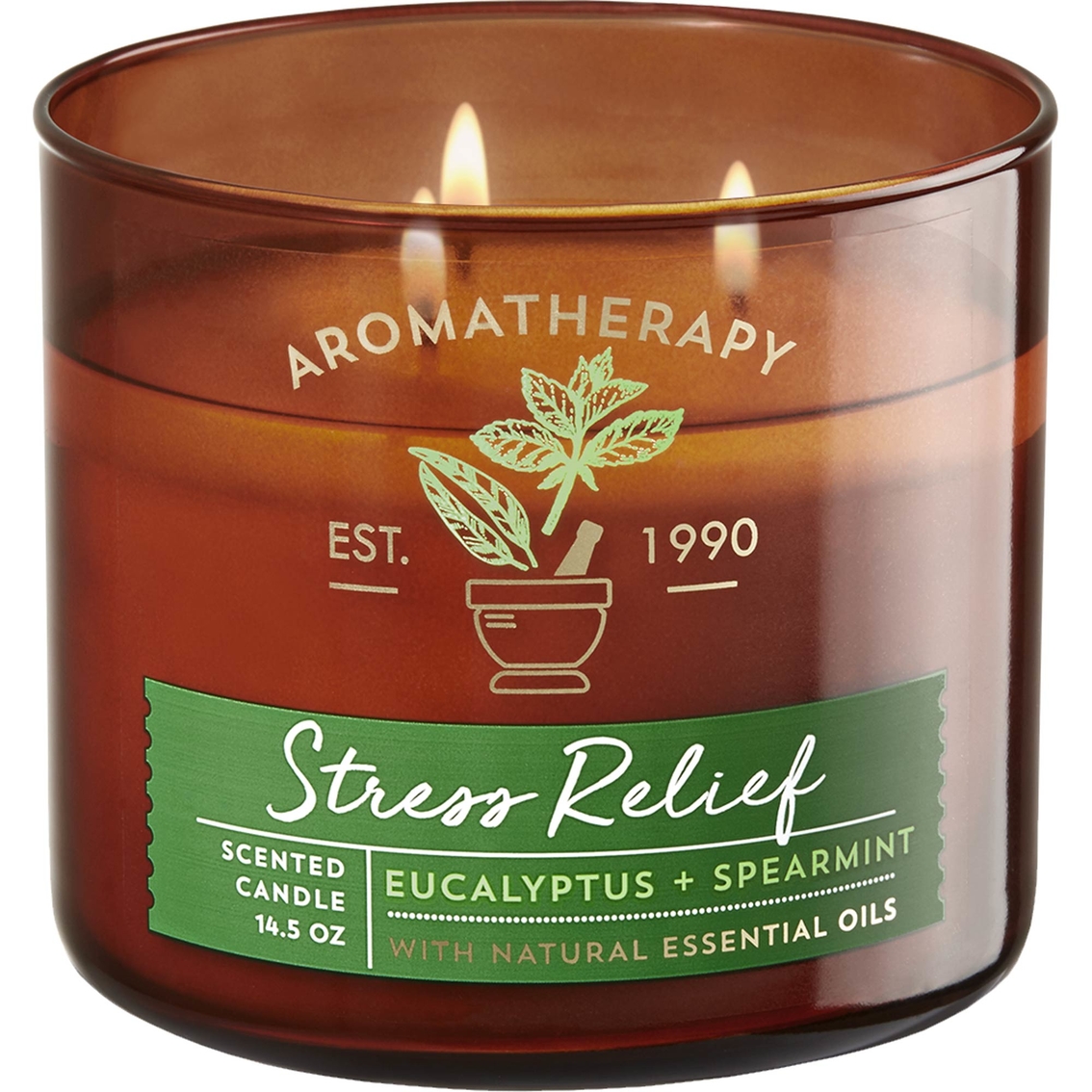In the tapestry of life, stress weaves its threads, threatening to unravel our well-being. But amidst the chaos, aromatherapy emerges as a beacon of tranquility, offering a fragrant path to serenity. Let us delve into this ancient practice, where nature’s aromatic essences dance with our senses, inviting us to cast aside our burdens and embrace a realm of calm.
Aromatherapy, a holistic therapy that harnesses the power of essential oils, invites us to inhale, absorb, and immerse ourselves in the therapeutic properties of plants. These aromatic compounds, extracted from flowers, leaves, and roots, possess remarkable abilities to influence our minds and bodies, gently guiding us towards relaxation and stress reduction.
Understanding Aromatherapy for Stress Relief
Aromatherapy, the practice of using essential oils for therapeutic purposes, has gained popularity as a natural approach to stress relief. Essential oils are concentrated plant extracts that possess unique scents and properties. When inhaled or applied to the skin, these oils can interact with the body’s nervous system and promote relaxation and stress reduction.
Types of Essential Oils for Stress Relief
Various essential oils have been studied for their potential to alleviate stress. Some of the most commonly used include:
- Lavender:Known for its calming and relaxing effects, lavender oil promotes tranquility and reduces anxiety.
- Chamomile:With its soothing and anti-inflammatory properties, chamomile oil helps calm the mind and promote sleep.
- Bergamot:Bergamot oil has a citrusy, uplifting scent that can boost mood and reduce stress levels.
| Essential Oil | Properties | Contribution to Stress Reduction |
|---|---|---|
| Lavender | Calming, relaxing | Promotes tranquility, reduces anxiety |
| Chamomile | Soothing, anti-inflammatory | Calms the mind, promotes sleep |
| Bergamot | Citrusy, uplifting | Boosts mood, reduces stress levels |
Methods of Aromatherapy Application
Aromatherapy offers a range of methods to incorporate essential oils into your routine for stress relief. Each method has its unique benefits and application techniques.
Inhalation
Inhaling essential oils is a direct and effective way to experience their therapeutic effects. This can be done through:
- Diffusers:Add a few drops of essential oils to a diffuser and let it disperse the aroma into the air. This method is ideal for creating a calming or uplifting atmosphere in a room.
- Personal inhalers:Small, portable inhalers allow you to inhale essential oils directly from the bottle. This is a convenient way to enjoy the benefits on the go.
- Steam inhalation:Add a few drops of essential oils to a bowl of hot water and inhale the steam. This method can be especially soothing for respiratory issues and congestion.
Topical Application
Applying essential oils directly to the skin allows them to absorb into the bloodstream. This method is suitable for localized pain relief or skin care.
- Massage:Dilute essential oils in a carrier oil, such as coconut or jojoba oil, and massage into the skin. This is a relaxing and therapeutic way to relieve muscle tension and stress.
- Roll-ons:Pre-diluted essential oils in a roll-on applicator can be applied to pulse points or areas of discomfort for quick relief.
- Baths:Add a few drops of essential oils to a warm bath to create a relaxing and aromatic experience. The heat helps the oils disperse and absorb into the skin.
Tips for Incorporating Aromatherapy into Daily Routines
- Choose essential oils that resonate with your specific needs and preferences.
- Start with small doses and gradually increase as needed.
- Be mindful of potential skin sensitivities and consult with a healthcare professional if necessary.
- Incorporate aromatherapy into relaxing activities, such as taking a bath or reading a book.
- Consider using aromatherapy at different times of the day to support different moods and needs.
Scientific Evidence for Aromatherapy’s Effects on Stress
Scientific research has provided compelling evidence supporting the efficacy of aromatherapy in alleviating stress. Numerous studies and clinical trials have investigated the effects of essential oils on physiological and psychological measures of stress, demonstrating their ability to reduce anxiety, improve mood, and promote relaxation.
Mechanisms of Action
Essential oils interact with the body through various mechanisms to reduce stress and promote relaxation. One primary mechanism involves their interaction with the olfactory system, which directly connects to the limbic system in the brain. The limbic system plays a crucial role in regulating emotions, memory, and stress responses.
When inhaled, essential oil molecules bind to receptors in the olfactory epithelium, triggering a cascade of biochemical reactions that lead to the release of neurotransmitters such as serotonin and dopamine. These neurotransmitters are known to promote relaxation, reduce anxiety, and enhance mood.
Clinical Evidence
A substantial body of clinical research supports the effectiveness of aromatherapy for stress relief. The following table summarizes key findings from several studies:
| Study | Sample Size | Methodology | Outcomes |
|---|---|---|---|
| Diego et al. (2008) | 60 participants | Randomized controlled trial comparing lavender aromatherapy with placebo | Significant reduction in stress levels, improved sleep quality |
| Chu et al. (2016) | 80 participants | Crossover study comparing bergamot and lavender aromatherapy with placebo | Both bergamot and lavender reduced anxiety and improved mood |
| Park et al. (2017) | 40 participants | Single-blind randomized trial comparing rosemary aromatherapy with placebo | Rosemary aromatherapy reduced cortisol levels, a biomarker of stress |
Creating a Personalized Aromatherapy Plan

To craft an effective aromatherapy plan, it’s essential to delve into your unique needs and preferences. Consider the specific stressors that trigger your anxiety or tension, as well as the symptoms you experience.
Once you have a clear understanding of your stress profile, you can select essential oils that target those specific triggers and symptoms. For example, if anxiety is your primary concern, you may opt for calming oils like lavender, chamomile, or bergamot.
Choosing Essential Oils
- Identify your stress triggers and symptoms.
- Research essential oils known to address those specific concerns.
- Consider your personal preferences and sensitivities.
- Consult with a qualified aromatherapist for guidance.
Creating Your Plan
Once you have chosen your essential oils, it’s time to create a personalized aromatherapy plan. This plan should include the following elements:
- Recommended essential oils:List the oils you have selected and their recommended usage.
- Methods of application:Determine how you will use the oils, such as through diffusion, topical application, or inhalation.
- Usage frequency:Establish a regular schedule for using your aromatherapy plan, such as daily or several times a week.
By following these steps, you can create a personalized aromatherapy plan that effectively addresses your unique stress needs.
Cautions and Considerations for Aromatherapy Use
Aromatherapy offers numerous benefits for stress relief, but it’s crucial to use essential oils safely and responsibly. Here are some potential risks and precautions to consider:
Skin Irritation and Allergies
Essential oils are highly concentrated and can cause skin irritation, especially when applied directly. Always dilute essential oils with a carrier oil, such as jojoba or coconut oil, before applying them to the skin. If you have sensitive skin, perform a patch test on a small area of skin before using the oil more widely.
Discontinue use if any redness, itching, or swelling occurs.
Interactions with Medications
Some essential oils may interact with certain medications, such as blood thinners or antidepressants. Consult with your healthcare provider before using essential oils if you are taking any medications.
Pregnancy and Breastfeeding
Certain essential oils, such as rosemary and clary sage, may be harmful to pregnant or breastfeeding women. Avoid using these oils during these periods.
Other Considerations
* Keep essential oils out of reach of children and pets.
- Do not ingest essential oils.
- Store essential oils in dark, cool places away from direct sunlight.
- Use essential oil diffusers with caution in small, enclosed spaces, as high concentrations of certain oils can be overwhelming.
- If you experience any adverse effects from aromatherapy, such as dizziness or nausea, stop using the oils and seek medical attention.
Final Conclusion

As we conclude our exploration of aromatherapy stress relief, let us carry with us the profound understanding that nature holds the key to our well-being. By embracing the aromatic embrace of essential oils, we empower ourselves with a natural remedy that can transform our stressful moments into serene sanctuaries.
May this ancient wisdom continue to guide us on our journey towards a life free from the clutches of stress.